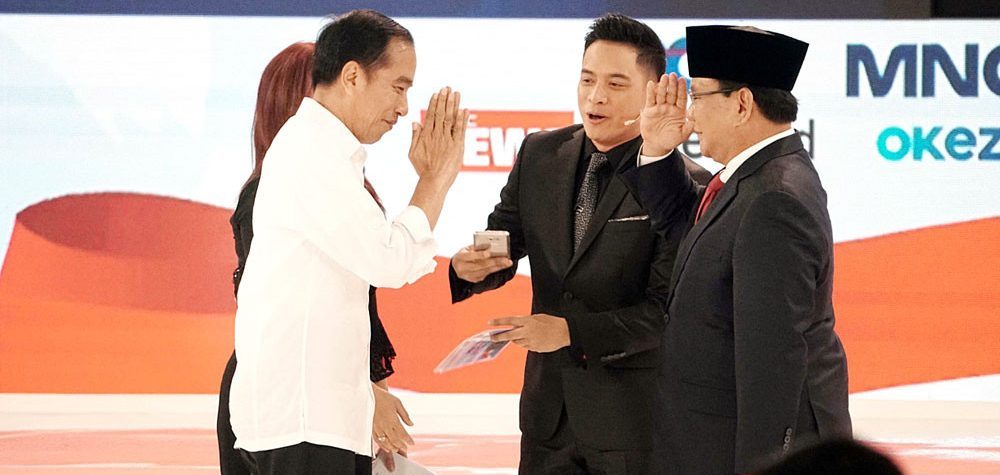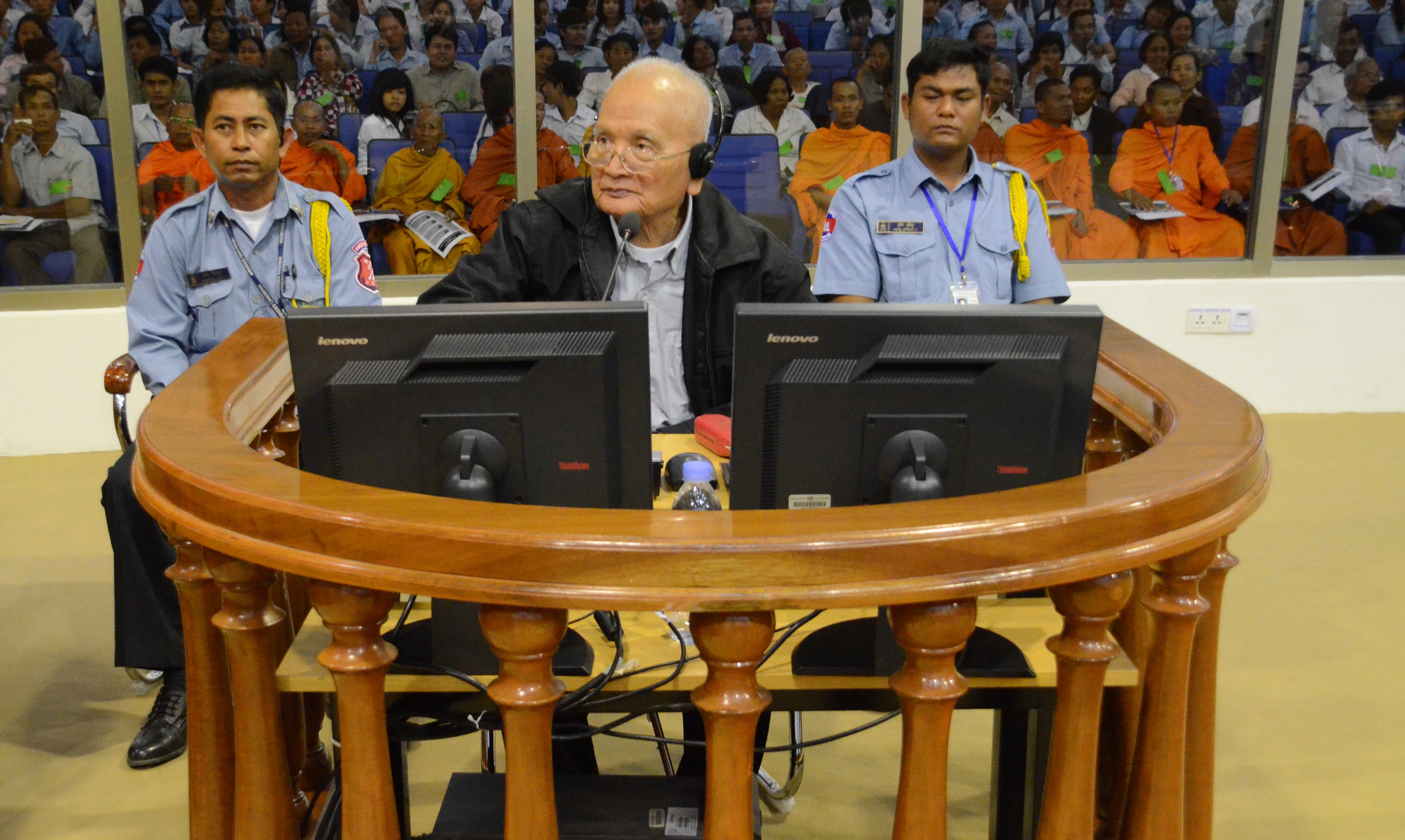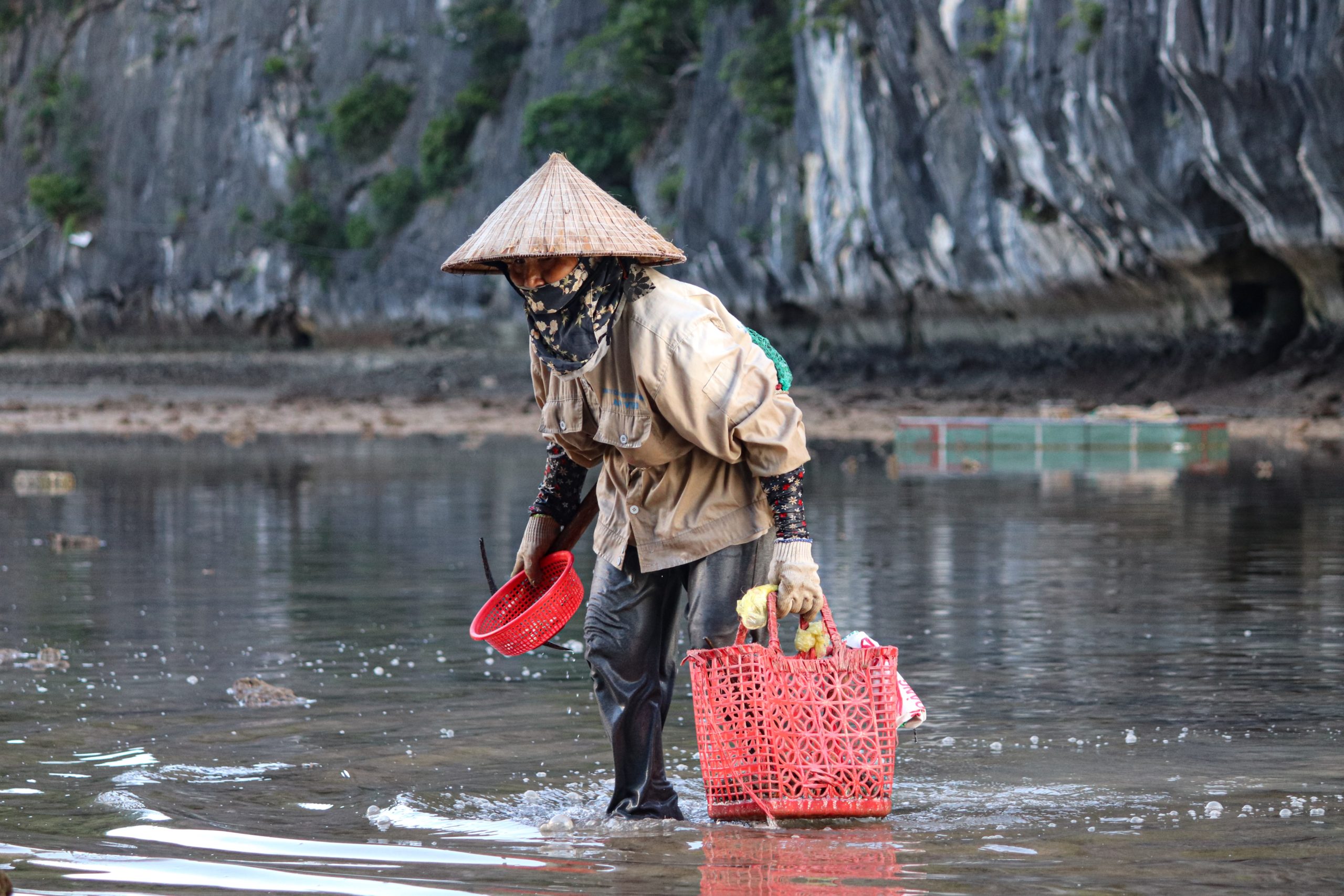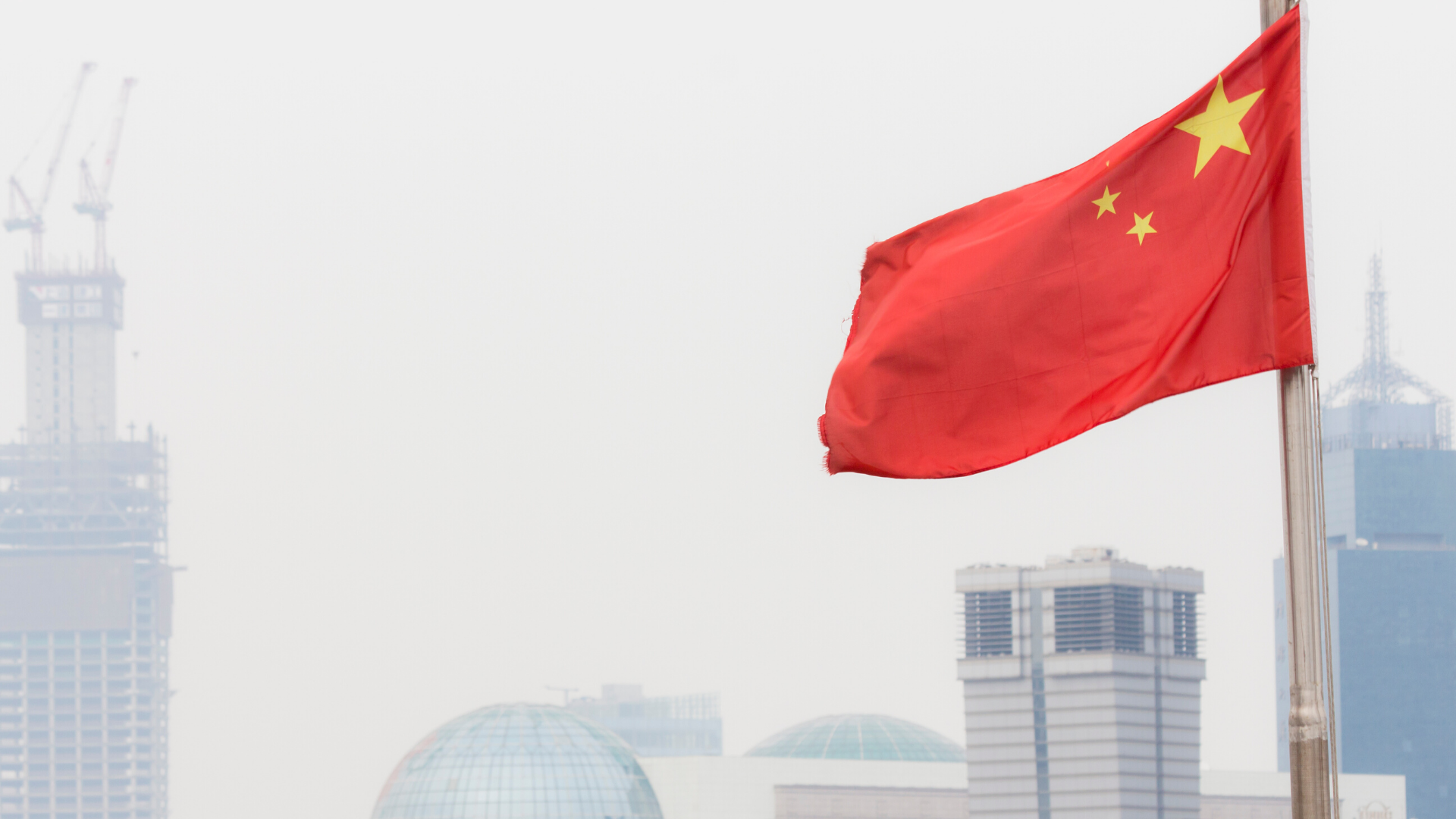Not a surprising but all the more important victory. The re-election of incumbent Indonesia’s president Joko Widodo on April 17, 2019, is good news for Indonesia’s reformist discourse and maintaining at least some degree of religious pluralism in a country, where religion has become a highly politicized issue.
Jokowi, as Indonesia’s Head of State is fondly nicknamed, along with his running mate Ma’ruf Amin, an Islamic cleric, won with a comfortable margin of 12 per cent in the world’s most complicated single-day ballot. On this occasion, Indonesian citizens also voted for their legislators in the national, provincial and regional parliaments, in which roughly 140 million (out of 193 million) of registered voters aimed to elect around 20,000 politicians out of 245,000 candidates at more than 810,000 polling stations spread across hundreds of thousands, manned by six million polling staff.
While Jokowi has evidently made great achievements throughout his first term and arguably deserves a second one, some critics assess him as a weak guardian of democracy, claiming he has been focusing too much on economic development that has been promoted at the expense of badly needed political and legal reform. To bolster his power position, he has also been willing to compromise himself with corrupt politicians and controversial generals like Wiranto, and to partially bow to Islamic fundamentalists by aligning with a conservative Muslim cleric. Yes, Jokowi’s governance is far from perfect from the point of liberal democracy, human rights and protection of minorities. But given the fact that Widodo’s only challenger was Prabowo Subianto, reminiscing of the authoritarian New Order and loudly backed by hardline Islamists, Jokowi’s re-election is definitely the lesser of two evils.
Prabowo is both personally and politically linked to the late autocrat Soeharto (1921–2008, ruled 1966–1998) as he married his daughter (they divorced later) and is known as a controversial military commander, involved in kidnappings and murders of student activists during the turmoil of May 1998. Also, his whipped-up nationalist-populist rhetoric which has called for “order” and Soeharto-style policies if he is elected would not be conducive for Indonesia’s relatively democratic discourse and foreign investments alike.
It is noteworthy that this was not the first time Prabowo ran for the highest post. First he was running mate of Megawati Soekarnoputri (that being quite a paradox as she is chair of Jokowi’s home party PDI-P) in her bid to return to presidency in 2009, and the second time as presidential candidate himself, to be defeated by Jokowi in 2014 for the first time, with a 6 per cent margin. In April 2019, history repeated itself since Jokowi defeated Prabowo for the second time and Prabowo was not willing to accept his defeat again, claiming his “victory” was stolen from him. In any case, Prabowo did not succeed for the third time and probably stands no further chance in the future but it is still a worrying signal that his involvement in serious crimes and calls for Soeharto-style policies did not deter as many as 43 percents of voters who cast the ballot for him. Also, let’s be hopeful that staunch supporters of the unsuccessful general will not cause riots.
To be fair, Joko Widodo as the incumbent has had a far more advantageous position since he has received a lot more attention as Head of State, often at prestigious events such as openings of new airports or the new MRT in Jakarta. However, Jokowi’s popularity is not only the result of his frequent presence on the TV screen. He can rightfully boast the tempo of infrastructure development many other countries can only dream of. Hundreds of kilometres of new roads, highways, railroads, dozens of new airports, ports and docking facilities – such is the achievement of the Jokowi administration’s drive at “connectivity” in only five years. The reason for this robust development is two-fold: first, the long-neglected infrastructure has been lagging faltering behind and holding back the economic growth, secondly, the effort to rectify the living conditions and exorbitant prices in remote corners of Indonesia where many basic commodities, e.g. from Java, are a way more expensive mainly due to protracted and inefficient transportation.
Even during the previous election campaign, Jokowi was branded as a reformer, which he could prove big time as mayor of Surakarta (2005–2012) and later as governor of Jakarta (2012–2014). He is often regarded as a moderate or reformist populist, who offers a vision of a better future for Indonesia. In spite of the populist label, unlike Prabowo and other fear-mongers, he rejects to misuse topics such as religious and ethnic hatred, working to preserve and serve a pluralist Indonesia, focusing on real interests of the people, who need of proper sanitation, agricultural land, accessible healthcare, and decent education.
As incumbent, Jokowi has been scoring political points thanks to his determined struggle against corruption and inefficiency of the state administration – gaining popularity with the public and disfavour of officials when he did his fabled blusukan (impromptu visits) at state or municipal offices. And when he saw an empty table or late arrivals, he would resort to dismissals without a pardon. Also, as a mayor who looks after “his” people, he wanted to learn about the grievances of the citizens when visiting their neighbourhoods and based on that, he pushed for quick solutions. He has taken his “mayoral” style to his post as president, although implementing that at the national level has been arguably harder. Jokowi also gains popularity thanks to his easygoing manners and behaviour – he is known as a kind of everyman, a modest, almost average, Javanese who happens to be a fan of Metallica, a self-made-man with a humble pedigree who has made it from a furniture trader to the leader of the fourth most populous nation in the world. So, it comes as no surprise that he is actually the first Indonesian president of the post-1998 era who does not come from a political dynasty or has an army background.
However, it is not all rosy if we intend to assess Jokowi fairly. In spite of promises of growth and great investments, he has failed to fulfil his plan to secure a 7 % annual growth, as it has been balancing around 5 %. Also, while the direst poverty has been visibly reduced, there is still an army of 27 million people whose income is below or around the poverty line. Yet, it is understandable that it is impossible to resolve such a burden overnight and perhaps the infrastructure development campaign will bear its fruit, including the Outer Islands like Kalimantan, Sulawesi and Papua, where it might bring more economic opportunities as well as more affordable consumer goods.
Probably the weakest trait of Jokowi’s presidency is his political pragmatism. While Joko Widodo is a Muslim, who is known to regularly work with non-Muslims, he has rarely put effort into curbing the growth of Islamic fundamentalism in Indonesia – in this respect, he somewhat followed the track of his predecessor Susilo Bambang Yudhoyono (SBY), who arguably yielded to Islamic vigilantes even more easily. In other words, although the president of Indonesia has, in addition to executive power, specific legislative competencies, Widodo has never done anything to revoke the controversial blasphemy law from 1965, which gives ammunition to Islamists and is often misused by them to press on the judiciary to discredit their enemies.
This same law thus destroyed the promising career of Jokowi’s former political partner, Basuki Tjahaja Purnama, also known as Ahok, deputy governor of Jakarta when Jokowi served as Governor, and later governor of Jakarta himself, after Jokowi became president in 2014. Basuki as a member of a double minority, being a Christian and an ethnic Chinese, was a pain in the eye to the Islamic fundamentalists, who claimed it impossible for a Muslim-majority society to be ruled by a kafir (non-believer). The unexpectedly strong Islamic front in Jakarta was now leading a massive campaign to get rid of him, for which it exploited the abovementioned law, which contributed to Basuki’s defeat at the gubernatorial elections in Jakarta. And, in the end, it also allowed sending Basuki to prison for two years for a mere “gaffe” regarding the controversial issue of whether Muslim should or should not be ruled by a Muslim.
This was when Jokowi’s response was one of the most disappointing of his political career. Not only did he not stand up for his former partner but he even took part in the so-called peaceful prayer during a mass demonstration against Ahok (Basuki) at Jakarta’s main square on December 2, 2016 (Aksi 212), where he prayed with as many as 400,000 protesters, mobilized by the conservative and radical circles.
Another disappointment for the liberal electorate came in August 2018, when Joko Widodo announced his running mate for the April 2019 presidential election – the Islamic scholar Ma’ruf Amin, chair of the (rather conservative) Council of Indonesian Ulama. It is noteworthy that this cleric actually pushed for sentencing Basuki, although he later apologized for this intervention. So, while some analysts hailed this decision as a highly strategic step, which would neutralize Islamists’ indictments that Jokowi is not a good Muslim or is anti-Islamic, others expressed dismay for yielding and catering too much to conservative circles. Some asserted that he should have nominated a much more reformist candidate than the 75-year old conservative ulama who has personally contributed to the polarization of Indonesian society.
If truth be told, however, this clearly pragmatic strategy worked and Jokowi became more acceptable even for more religious Indonesian voters, mainly in Central and Eastern Java, where he gained extra 6 million votes, as opposed to the last election of 2014. The big question for Widodo’s second term, therefore, is whether he will try to return the favour to his “new” supporters by pushing for more conservative policies, or whether he will stand up against fundamentalists, since he now has not much to lose for he cannot run for the third time.
Be that as it may, in addition to the focus on the much-needed economic development, the other most important task for the incumbent-and-future president is to re-unite and de-polarize the highly divided society of the largest world’s archipelagic state in order to preserve its pluralistic character. This is going to be hard because, while the hardline Islamists and other conservatives have failed this time, they have nevertheless secured an influential position across Indonesian society and are in charge of quite a few Indonesian provinces and regions. So, the question is whether the moderate Islamists around Jokowi will be both strong and willing enough to promote the pluralism and tolerance, once so typical for Indonesian socio-scape and now under duress.
To sum up, despite Jokowi’s weaknesses, his re-election is good news for Indonesia and the world, which can feel reassured by his no-nonsense approach and the fairly strong mandate to rule the world’s third largest democracy.
P. S. Democracy comes at a cost. While hailed by international media as a feat of democracy for this massive election was conducted very efficiently and peacefully, the toll to secure a comfortable vote for everyone without long lines and travel distances was extremely high – as many as 400 polling commissioners and volunteers died during or after their hard service at the polling stations, mostly due to exhaustion. May they rest in peace!






